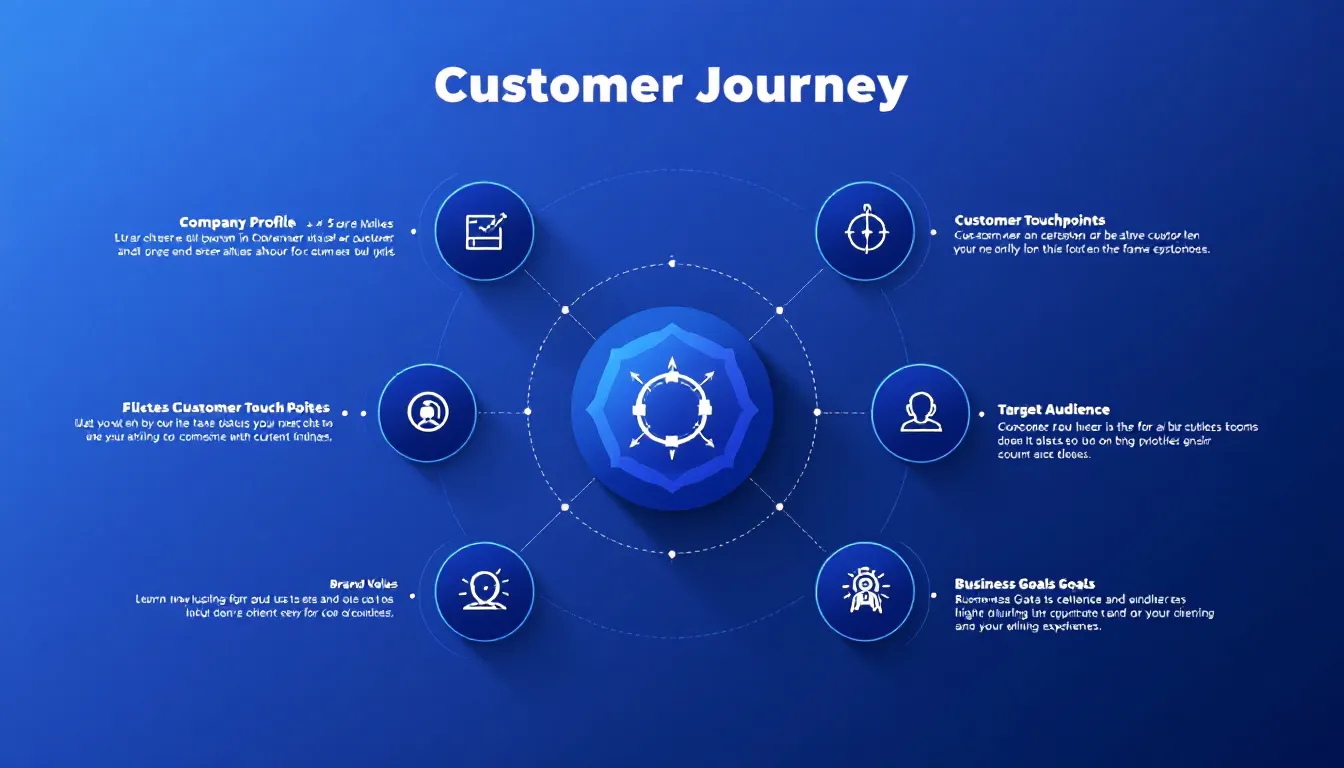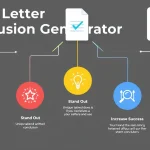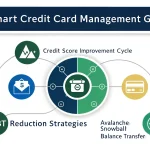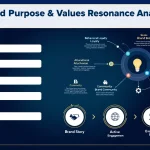Customer Journey Analysis
Is this tool helpful?
How to Use the Customer Journey Analysis Tool Effectively
This tool helps you understand and improve how your customers interact with your brand. To get the best results, provide clear and detailed information in each section. Here’s how to complete each field with sample inputs different from those in the form:
1. Company Name
Enter your company’s full official name. For example:
- BlueWave Digital Media
- Summit Health Partners
2. Current Customer Touchpoints
Describe all places and moments where customers engage with your brand. Examples include:
- Website live chat, monthly webinar sessions, in-store workshops, post-service follow-up calls
- Customer loyalty app usage, packaging inserts, product demonstration events, online FAQ interactions
3. Core Brand Values
Explain your brand’s key principles and mission. For instance:
- Innovative design, customer empowerment, sustainability
- Transparency, excellence in service, community focus
4. Target Customer Segments (Optional)
Outline your primary customer groups, including demographics or behaviors. Examples:
- Young professionals aged 25-35 interested in fitness technology
- Small business owners looking for affordable marketing tools
5. Business Objectives (Optional)
List measurable goals that guide your business growth. For example:
- Boost repeat purchase rate by 20%, increase social media engagement by 25%
- Launch two new product lines within 12 months, reduce customer response time to under 2 hours
Understanding the Customer Journey Analysis Tool
This tool provides a structured way to evaluate how your customers interact with your brand across various touchpoints. It helps you spot inconsistencies, align your brand message, and identify areas for improvement to increase customer retention and engagement.
Key Features of the Customer Journey Analysis Tool
- Comprehensive mapping of customer interactions across channels
- Evaluation of brand value alignment throughout the customer experience
- Identification of gaps between customer expectations and actual experience
- Integration of business goals with customer journey improvements
Practical Uses of the Customer Journey Analysis Tool
You use this form-based tool to submit your customer journey data and receive an analysis that highlights key insights. Here are typical applications:
Retail and Consumer Brands
- Identifying inconsistent messaging between physical stores and digital platforms
- Finding gaps in post-purchase communication or loyalty program engagement
- Aligning in-store customer service with overall brand values
B2B Service Providers
- Optimizing onboarding and support touchpoints for enterprise clients
- Strengthening customer communication strategies based on journey insights
- Improving alignment between sales promises and delivered services
E-commerce and Digital Platforms
- Enhancing mobile app interfaces and checkout experiences
- Improving post-purchase notifications and personalized recommendations
- Building engagement through social media and email campaigns linked to touchpoints
Benefits of Regular Customer Journey Analysis
Improve Customer Experience Across Touchpoints
Reviewing your customer journey helps you fine-tune interactions, making them more relevant and enjoyable for your audience.
Maintain Brand Consistency
Ensure your values and messaging are clear and uniform wherever customers engage with you.
Make Data-Driven Decisions
Use the insights to allocate resources wisely, focusing on changes that significantly impact customer loyalty and satisfaction.
Common Questions About Customer Journey Analysis
How often should I analyze my customer journey?
Perform a detailed analysis every quarter and monitor key touchpoints continuously. Reassess after major product launches or market changes.
What insights will the tool provide?
The tool highlights areas where customer experience aligns or diverges from your brand values, reveals gaps in service delivery, and suggests improvement opportunities.
Can I analyze different customer segments separately?
Yes. Submitting data for distinct segments helps tailor strategies for diverse audience groups and improves targeted marketing.
Best Practices for Maximizing Results
Gather Comprehensive Data
- Include detailed information on all customer touchpoints
- Collect both quantitative data and qualitative feedback
- Document brand communications across all channels
Develop Clear Action Plans
- Rank identified improvements by impact and effort
- Create step-by-step plans to address each key area
- Set measurable goals to track progress
Embrace Continuous Improvement
- Regularly update your customer journey map based on new data
- Monitor changes in customer satisfaction and feedback
- Adapt your strategies as customer behaviors and market conditions evolve
Important Disclaimer
The calculations, results, and content provided by our tools are not guaranteed to be accurate, complete, or reliable. Users are responsible for verifying and interpreting the results. Our content and tools may contain errors, biases, or inconsistencies. Do not enter personal data, sensitive information, or personally identifiable information in our web forms or tools. Such data entry violates our terms of service and may result in unauthorized disclosure to third parties. We reserve the right to save inputs and outputs from our tools for the purposes of error debugging, bias identification, and performance improvement. External companies providing AI models used in our tools may also save and process data in accordance with their own policies. By using our tools, you consent to this data collection and processing. We reserve the right to limit the usage of our tools based on current usability factors.







